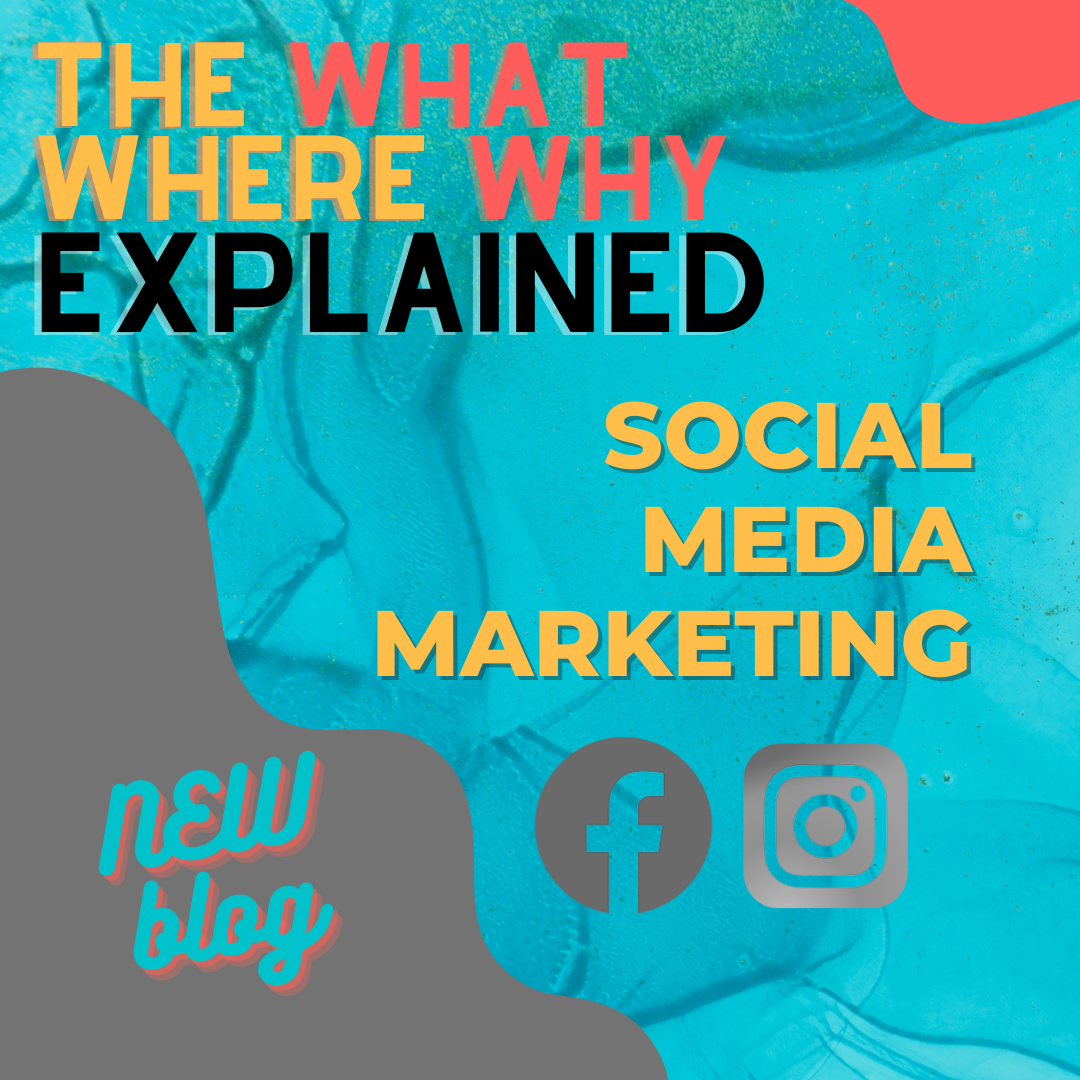
Social Media Marketing explained
Social Media Marketing
Social media marketing is the practice of using social media platforms to promote products, services, or brands and engage with the target audience. It involves creating and sharing content, interacting with followers, running advertising campaigns, and analysing the results to achieve marketing goals.
Here are some key aspects and benefits of social media marketing:
1. Increased Brand Awareness: Social media platforms provide an opportunity to reach a large audience and increase brand visibility. By consistently sharing valuable content and engaging with users, businesses can raise awareness of their brand and attract potential customers.
2. Audience Engagement and Relationship Building: Social media enables businesses to directly interact with their audience. Through comments, messages, and discussions, businesses can build relationships, answer questions, address concerns, and foster a sense of community around their brand.
3. Content Distribution and Promotion: Social media platforms serve as distribution channels for sharing content such as blog posts, videos, infographics, and more. By creating engaging and shareable content, businesses can expand their reach as users interact with and share their content with their networks.
4. Targeted Advertising: Social media platforms offer robust advertising tools that allow businesses to target specific demographics, interests, and behaviours. This enables businesses to reach their ideal customers and deliver tailored messages to maximise the effectiveness of their marketing campaigns.
5. Increased Website Traffic and Lead Generation: By sharing compelling content and strategically placing links, businesses can drive traffic to their website. Social media marketing can also be utilized to capture leads by using lead generation forms, contests, or downloadable content, thereby expanding the customer base.
6. Market Research and Insights: Social media platforms provide valuable insights into the target audience’s preferences, behaviors, and trends. By monitoring conversations, analysing engagement metrics, and gathering feedback, businesses can gain insights to refine their marketing strategies and better understand their customers.
7. Brand Reputation Management: Social media offers a platform for businesses to manage their brand reputation. By promptly responding to customer feedback, reviews, and concerns, businesses can demonstrate their commitment to customer satisfaction and address any issues publicly.
8. Measurable Results and Analytics: Social media marketing allows businesses to track and measure the performance of their campaigns. Through analytics and reporting tools, businesses can assess the reach, engagement, conversions, and ROI of their social media efforts.
It’s important to note that each social media platform has its own unique features, user demographics, and best practices. Businesses should carefully select the platforms that align with their target audience and marketing goals and develop a coherent social media strategy to effectively leverage these channels for marketing purposes.

